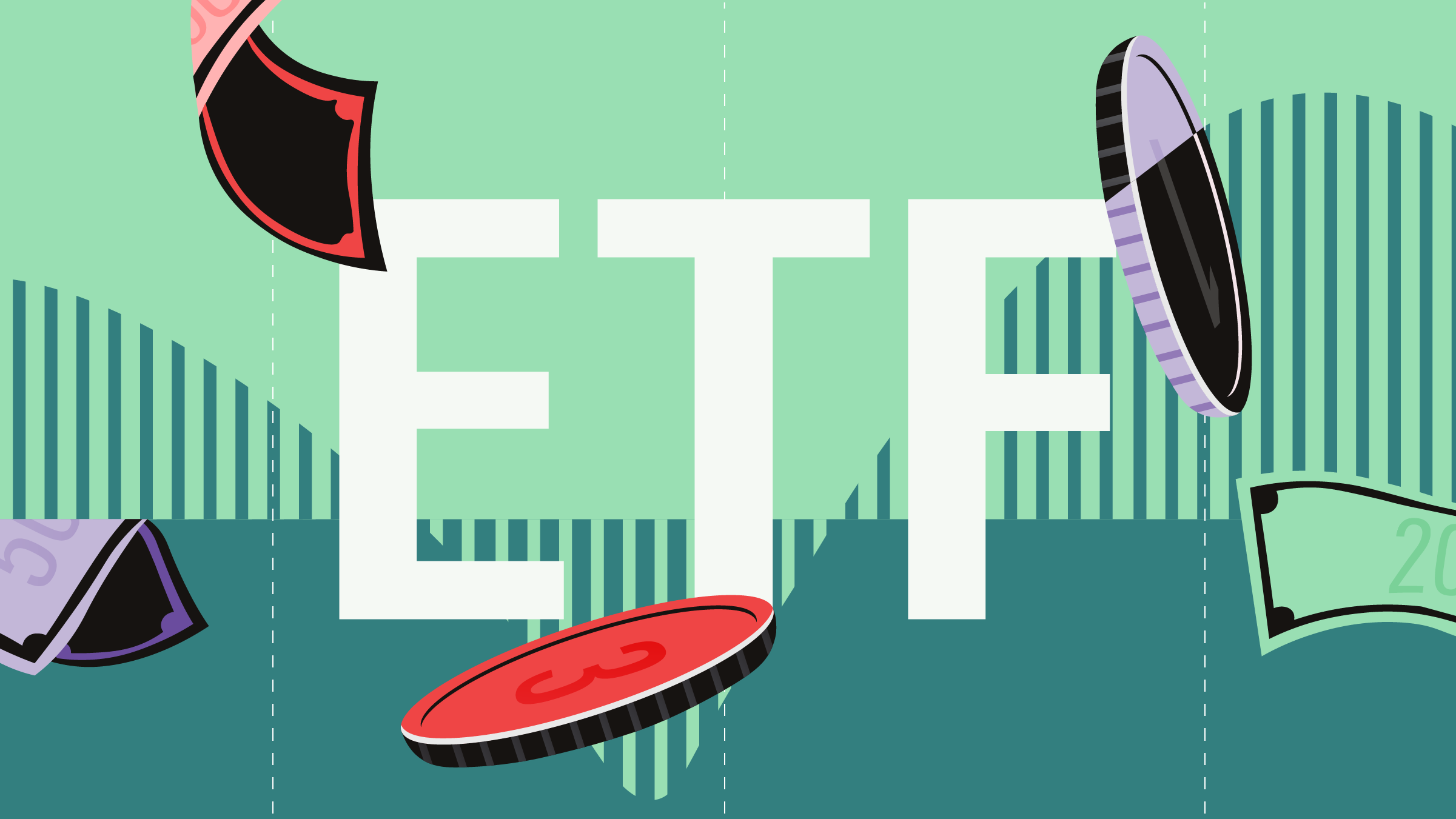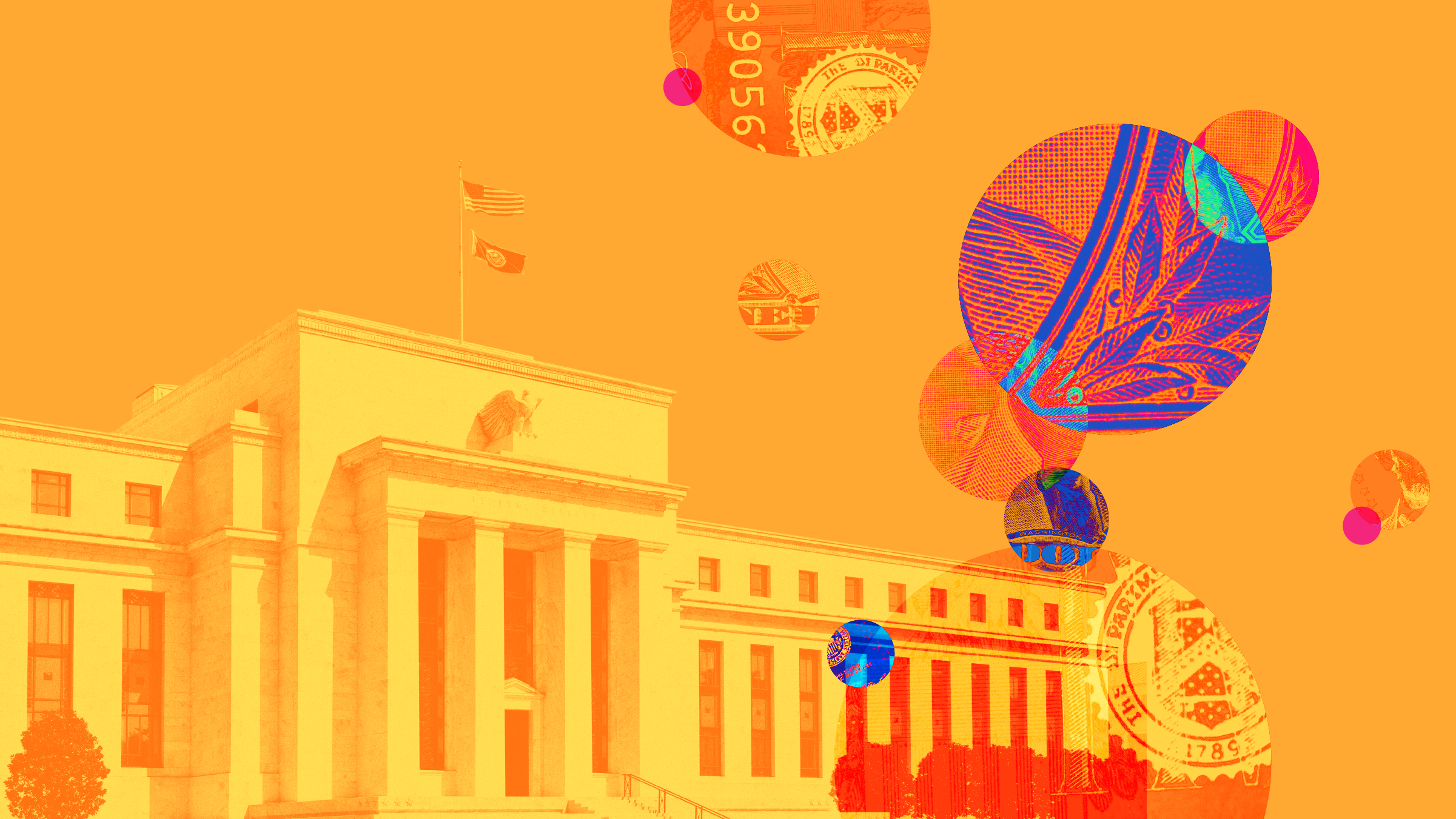Nikita Arora: For Morningstar.ca, I'm Nikita Arora. Today we’re going to talk about the $5.3 trillion currency market, which individual investors will now be able to access through a new ETF by Horizons. It will be sub-advised by CIBC and joining us today is the head of their Currencies team, Luc de la Durantaye.
Luc, tell us more about the new ETF, the Horizons Global Currency Opportunities.
Luc de la Durantaye: It's a very exciting day for us. This new ETF, as you mentioned, is bringing to retail investors the global currency market. And I think the importance of that, not to be forgotten, is the fact that currency beats on its own drum. It is a market that is uncorrelated with equity markets or the fixed income market, because it moves on different fundamentals than the equity market. So it’s a good diversifier for investors. It's something that’s new and [provides] better diversification for portfolios nowadays.
Arora: Talking about the different fundamentals that drive the currency market, what are some of the global currency trends that you are seeing and taking into account when you are going to be overseeing this ETF?
Durantaye: The interesting part is when you look at the equity market, for example, you will be looking at earnings growth, and what management is doing and decisions they are making. That drives equity. In the currency market, you have very different fundamentals. We will be looking at the interest rate differential, the inflation differential, and of course we will be looking at monetary policy decisions by policymakers. That’s why currencies are beating on their own drums; they move on different fundamentals.
So that’s the core of our investment process. Similar to an equity portfolio, where you are familiar with value investing in equity, we have a similar approach. Value is an important approach to currencies. We'll typically tend to have undervalued currencies in the portfolio. We will also have typically high interest rate currencies. So when you look at the portfolio, we'll have a good blend between undervalued currencies in the portfolio globally, as well as high carry currencies, which will form a fairly well-balanced portfolio over time.
Arora: So to summarize for retail investors, we are looking at the inflation, the interest rate differential and the monetary policy when we are looking to invest in the currency ETFs. And that brings me to my next question: Traditionally, institutional investors have dominated the currency market. What does it have to offer for retail investors?
Durantaye: Well, again, it was traditionally an institutional market. Now you are bringing on a new asset class for the retail investor. That gives them one additional tool to better construct their portfolio. As we know, when you look at the return of currency it's uncorrelated with equity and fixed income. So if you think about it as a puzzle, it's an added tool in the portfolio construction puzzle for the client. Investors will be able to better structure their portfolio, and have better returns and lower volatility overall.
Arora: Canadian investors know how important currency can be after the loonie’s slump earlier this year. Do you think that this slump created an opportunity and an appetite for global currency exposure?
Durantaye: Definitely, I think, when you look at it from a Canadian investor's perspective. In 2015 the equity market and the S&P 500 had something like a 20% return. But 19 of the 20% came from currency movement. I think that’s telling, but that’s not just in 2015. When you go back in time, that has occurred many times.
We cover over 30 currencies. We have ample choices around the world to diversify away from the Canadian dollar. And there are economies that are in different cycles than the Canadian economy. They have different strengths, they have different demographics, and they offer attractive opportunities, both from the perspective of having undervalued currencies elsewhere relative to the Canadian dollar, as well as higher interest rates. So we can finally gain access to those currencies for retail investors.
Arora: And let's finish by talking about asset allocation. Would you consider the Horizons Global Currency Opportunities, the HGC, a core holding or a satellite holding?
Durantaye: I would say a good core holding, in the sense that given that it's in this world where we have very low interest rates. We have high volatility in the equity market. This is a very good complement in the portfolio. Of course, it depends on the risk appetite of each client and their special situations. But generally speaking, having exposure to foreign currencies will help diversify the portfolio.
There are a number of currencies that play safe haven characteristics. On periods of crisis, we know that the Canadian dollar is a global currency very impacted by the global economy. And so when the global economy weakens, the Canadian dollar weakens. Having exposure to some of the safe haven currencies is also helping protect the client's portfolio. So I think with that it has a good place in a portfolio.
Arora: As a retail investor, I can't wait to check out this new ETF.
Durantaye: We are very excited about that.
Arora: Thanks for joining us today, Luc.
Durantaye: You’re very welcome.
Arora: The Global Currency Opportunities ETF is now available on the TSX. Visit Morningstar.ca for more information. I'm Nikita Arora; thanks for watching.

















